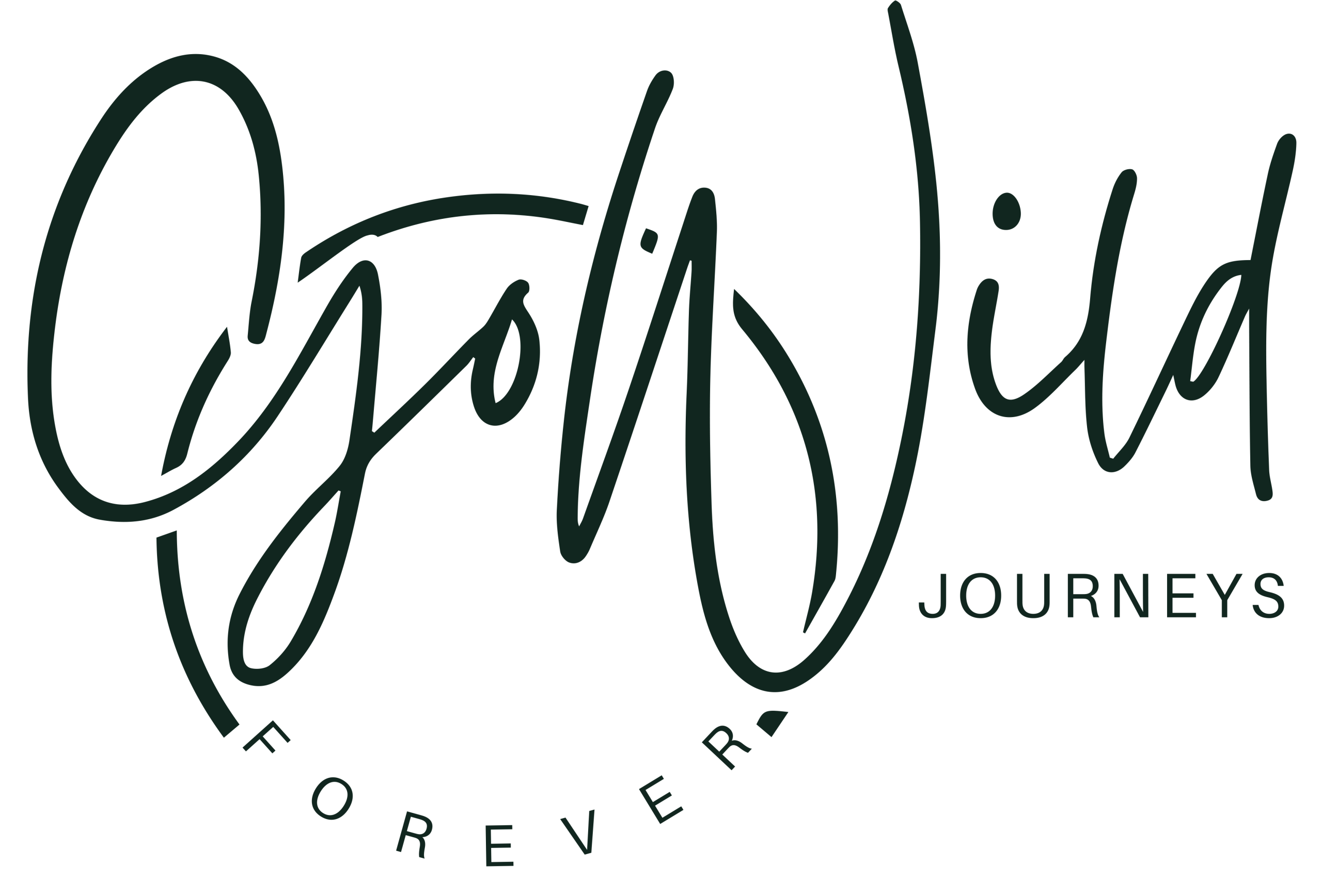Reconciliation Village in Rwanda - A Place Where Wounds Mend and Souls Unite
Reconciliation Village in Rwanda is a sanctuary of healing, rising from the ashes of Rwanda’s darkest days. It is more than mere bricks and mortar; it is a breathing, beating heart of hope, forgiveness, and rebirth. Once a land of sorrow, it now hums with the quiet resilience of those who have chosen peace over pain, unity over division.
The seeds of reconciliation in villages in Rwanda were sown in the shadows of the 1994 Rwandan Genocide, where nearly a million souls were lost in a storm of unspeakable violence. The land bore witness to devastation, but the people refused to let hatred be their legacy. Survivors, carrying grief like an eternal weight, and perpetrators, burdened by guilt, found themselves at a crossroads. Justice alone was not enough; only reconciliation could heal the wounds etched into the nation's soul.
The Genesis of Reconciliation Villages in Rwanda
The inception of Reconciliation Village was not an easy feat. It required unwavering courage from both victims and perpetrators, a monumental shift from hate to hope. It was the initiative of local communities, supported by organizations like the National Unity and Reconciliation Commission (NURC) and international humanitarian groups, to bring together those who once stood on opposing sides of the conflict.
Here, former genocide perpetrators who have served their sentences in prison return to live alongside those whose families they once destroyed. It is an unthinkable act of forgiveness a step toward healing that defies the very nature of vengeance. The Reconciliation Villages program is currently operated by the Prison Fellowship Rwanda a Non-profit organization established on July 1, 1995, in collaboration with the Rwandan government, its relevant agencies, local and international organizations, and United Nations agencies.
Prison fellowship programs play a crucial role in fostering reconciliation, healing, and rehabilitation in communities affected by crime and conflict. In many post-conflict societies, reconciliation villages have emerged as a transformative approach to address the challenges of reintegration and restoration. These villages serve as spaces where former offenders and victims coexist, working towards mutual healing and societal restoration. This article explores the significance of prison fellowship in reconciliation villages, its impact, and how it contributes to sustainable peacebuilding.
What Are Reconciliation Villages?
The reconciliation villages in Rwanda are pioneering communities designed to heal the wounds of the past by integrating both genocide survivors and former perpetrators. These villages, initiated by organizations like Prison Fellowship Rwanda, serve as living testaments to the power of forgiveness. Here, those who once stood on opposing sides now coexist, build families, and share the same land, proving that humanity's capacity for compassion knows no bounds.
The Eight Reconciliation Villages in Rwanda
Rwanda’s commitment to national healing is reflected in the establishment of eight reconciliation villages, where dialogue, acceptance, and coexistence pave the road to an enduring peace. Each village embodies the Rwandan proverb, “Ubumwe, Ubwiyunge, n’Iterambere” translated to Unity, Reconciliation, and Development.
Mbyo Reconciliation Village
Nestled in the Bugesera District, Mbyo Reconciliation Village is one of the most well-known reconciliation communities in Rwanda. Here, survivors live alongside perpetrators who have sought their forgiveness. Through communal activities, farming, and shared responsibilities, the residents are bound by a mutual commitment to peace.
Nyamata Reconciliation Village
Nyamata, once a site of immense tragedy, now stands as a beacon of hope and resilience. This village provides homes for genocide survivors and former perpetrators who have found solace in reconciliation. By participating in joint agricultural projects, the villagers create an interdependent ecosystem of healing and growth.
Ntarama Reconciliation Village
Located near the historical Ntarama Church is one of the most harrowing genocide memorials. This village is a profound example of restorative justice in action. Here, neighbors support each other through shared economic ventures such as cooperative farming, reinforcing the idea that reconciliation is not just emotional but also practical.
Kabarondo Reconciliation Village
Situated in the Eastern Province, Kabarondo is a place where once-divided communities have come together to rebuild their lives. Residents here engage in dialogue and participate in communal development projects that aim to restore dignity and economic stability to all.
Ruhango Reconciliation Village
Ruhango embodies the Rwandan spirit of Ubuntu “I am because we are.” Survivors and perpetrators work together on projects like handicrafts and sustainable farming, proving that economic collaboration can be a catalyst for peace.
Gacaca Reconciliation Village
Named after the traditional Gacaca courts that played a crucial role in Rwanda’s post-genocide justice system, this village symbolizes the journey from retributive justice to restorative peace. It is a place where former perpetrators publicly confessed their crimes and were accepted back into the community after seeking forgiveness.
Kinazi Reconciliation Village
In the Southern Province, Kinazi serves as a prime example of how mutual support and social inclusion can mend the wounds of the past. The community thrives on dialogue circles and trauma counseling, offering a model of reconciliation for the world.
Musanze Reconciliation Village
Musanze, a district known for its breathtaking volcanoes National Park, and gorilla trekking, is also home to a remarkable reconciliation village. Here, economic empowerment programs have helped former adversaries transform their lives, proving that sustainable peace is built on economic opportunity and shared progress.
How Reconciliation Villages in Rwanda Foster Lasting Peace
The Power of Forgiveness
The reconciliation villages are built on the foundational belief that forgiveness is a choice, not an obligation. Survivors, despite their unimaginable pain, have extended grace to those who harmed them, choosing to break the cycle of hatred.
Community Engagement and Economic Empowerment
These villages promote economic interdependence, ensuring that former adversaries rely on each other for survival. Cooperative farming, handicrafts, and small businesses create bonds that transcend past divisions, fostering a shared future.
Restorative Justice in Practice
Instead of merely punishing perpetrators, Rwanda’s reconciliation model focuses on restoring dignity and repairing broken relationships. This aligns with the principles of restorative justice, where the focus shifts from retribution to healing.
Psychological and Social Healing
Recognizing the deep psychological scars left by the genocide, reconciliation villages offer trauma counseling, community dialogues, and peer support programs. These initiatives help individuals process their past and move toward a future of coexistence and mutual respect.
1-Day Reconciliation Village Tour Experience
Embark on a transformative journey through Rwanda’s Reconciliation Village, where history, resilience, and healing come together. This 1-day tour offers a profound experience, shedding light on the country’s reconciliation efforts after the tragic 1994 Genocide Against the Tutsi. Our visitors gain deep insights into the journey of forgiveness, unity, and social rebuilding that defines Rwanda today.
Your day begins with a pick-up from Kigali at 11h00, the vibrant capital of Rwanda. A GoWild Forever Journeys incredible guide will transfer you to the Prison Fellowship Rwanda offices where we join a local knowledgeable guide who will provide a brief overview of the history of the Reconciliation Villages and their crucial role in Rwanda’s post-genocide healing process and start the drive to Mbyo reconciliation village in Bugesera district. After a comfortable drive through scenic landscapes, you will arrive at the village, where survivors and former perpetrators now live together as a symbol of peace and unity.
Upon arrival, you will be welcomed by local community members who will share their powerful personal stories of tragedy, resilience, and ultimately, reconciliation. These testimonies provide firsthand accounts of how survivors and former perpetrators of the genocide have rebuilt their lives through a shared commitment to peace. You will engage in a thought-provoking discussion led by community leaders and reconciliation experts. Gain deeper insights into the structured efforts taken by the Rwandan government and non-governmental organizations to foster national unity and social cohesion.
A tour of Rwanda is incomplete without savoring local cuisine. You’ll dine with the community members and enjoy a traditional Rwandan meal, featuring dishes like Isombe (cassava leaves with peanut sauce), brochettes, and Ugali. As you dine, engage with villagers and learn about the importance of community farming and cooperative businesses in rebuilding economic stability.
The late afternoon session immerses you in the cultural traditions of Rwanda experiencing a vibrant display of Intore traditional dance and drumming performances, symbolizing victory and celebration. These performances illustrate the rich cultural heritage that has helped Rwandans maintain a strong sense of identity and unity. You’ll also get hands-on with traditional crafts, such as basket weaving and pottery, an activity that will allow you to interact with artisans as you learn about their skills and crafts and even take home a meaningful souvenir.
As the tour concludes at dusk, you will have the opportunity to participate in a group reflection session, where visitors can share their thoughts on the experience. This moment of contemplation allows for a deeper appreciation of the power of reconciliation and the resilience of the human spirit. Afterward, the tour guide will facilitate your return journey to Kigali, where you can continue exploring the country’s historical landmarks, memorial sites, and cultural institutions.
The Reconciliation Village tour is more than just a sightseeing experience, it is an educational journey that touches the hearts and minds of our visitors providing a unique opportunity to witness the strength of a nation that has turned pain into progress and division into unity.
For those seeking an authentic and thought-provoking travel experience, this tour offers an unforgettable insight into the power of reconciliation and human resilience. Let GoWild Forever Journeys plan your cultural encounters and safaris in Rwanda today and explore the wonders of the land of a thousand hills! Get in touch with our sales and safari specialists Team to curate your Cultural and community-based Adventures and other exciting Safaris tailored to fit all your safari desires. We plan with you and execute with you


